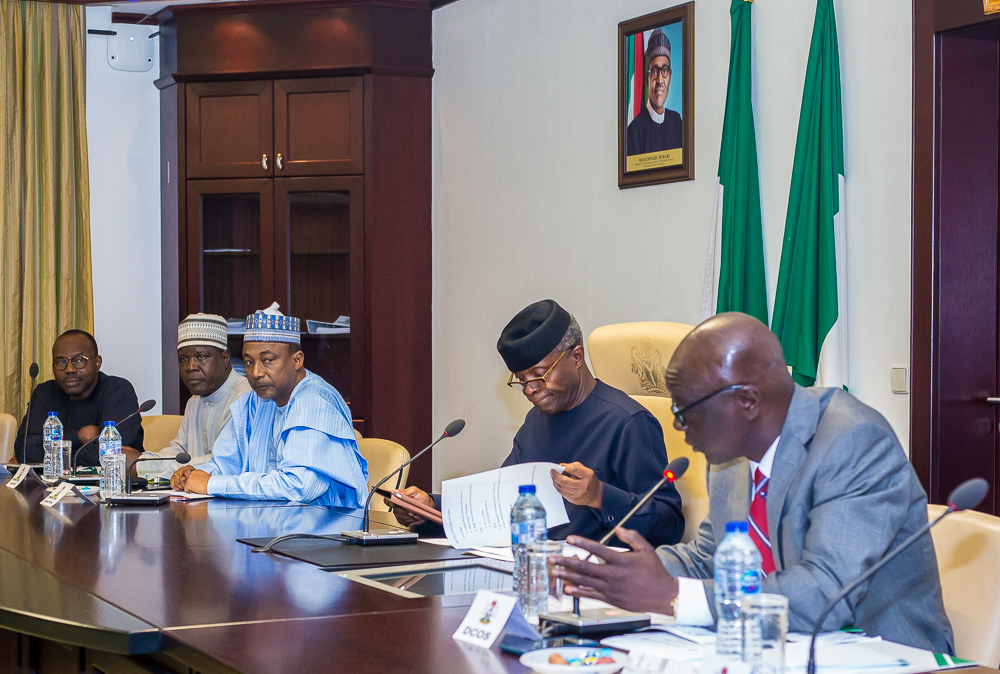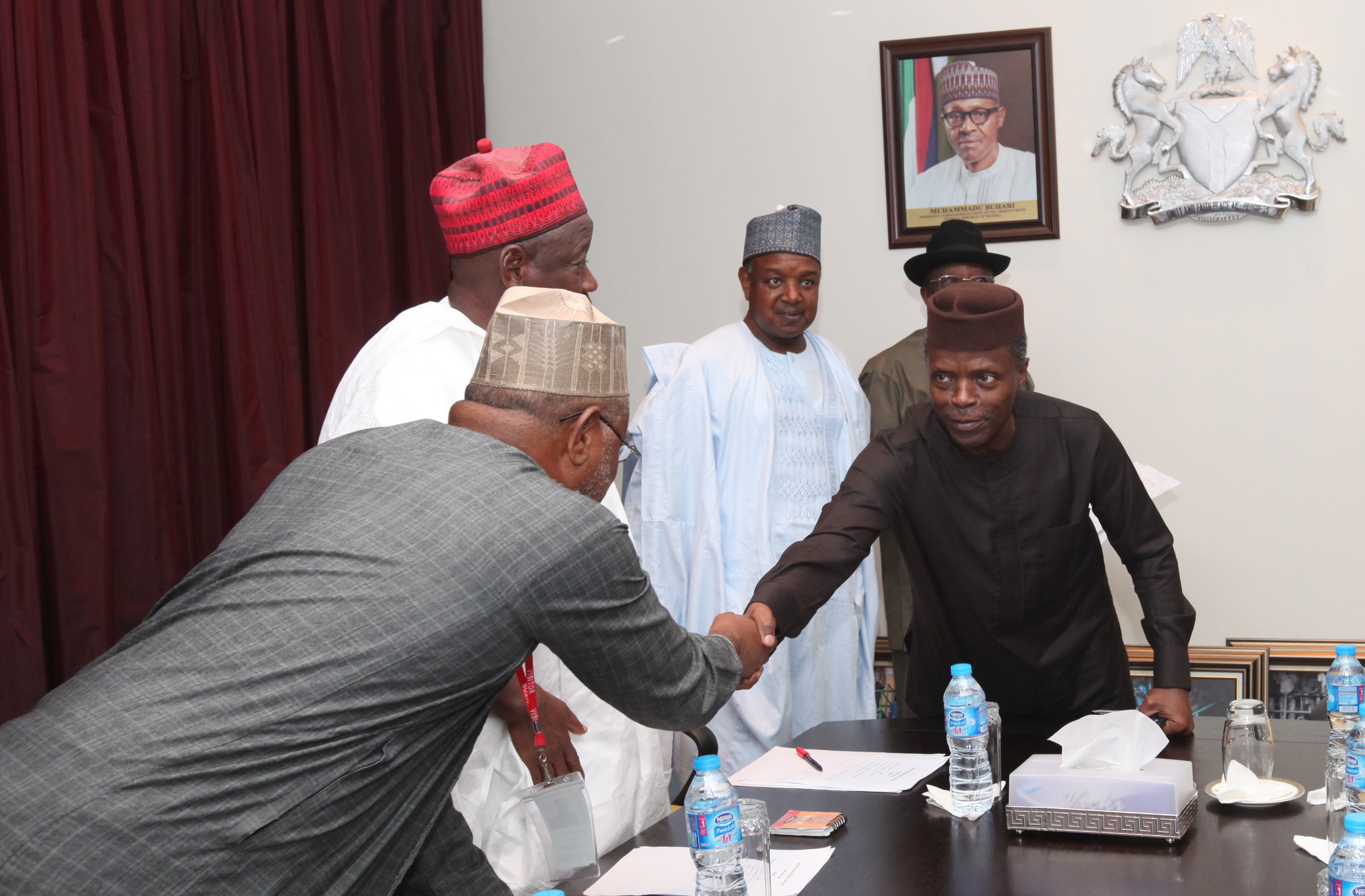


The concluding section of this article discusses some of the challenges in prosecuting Nigerian fraud cases. Nwachukwu (a Nigerian in the United States involved in bank fraud and money laundering). Okiti (a "419" scheme) and United States v. Okonkwo (a "419" scheme) United States v. Summary descriptions are provided for the following cases: United States v. The legislative powers of the Federal Republic of Nigeria are vested in the National Assembly, and Section 58 of the Constitution of the Federal Republic of Nigeria, 1999, provides a very rigorous mode of exercising that power. A number of Nigerian criminal cases have been successfully prosecuted in the Southern District of Texas as a result of aggressive investigation by the Houston Area Fraud Task Force. This is an obvious area of friction between the Office of the AGF and the National Assembly. Attorney General as the lead investigative agency for Nigerian crime. Secret Service was designated in 1998 by the U.S. The NCI has been instrumental in developing an interagency working group for the purpose of sharing information and developing policy, the Anti-Drug Network computer system for collecting and tracking data that relate to Nigerian crime and the Interagency Nigerian Organized Crime Task Forces, which are located in cities where Nigerian crime is more prevalent. It directed agencies to cooperate with one another and foreign governments in order to combat international organized crime more effectively. The primary official language used in Nigeria is the Nigerian. These are the three major ethnic speaking groups that are identified with a wider variety of cultures. The country is inhabited by more than 250 ethnic tribes such as Igbo, Hausa, and Yoruba. The NCI was launched in compliance with the 1995 Presidential Decision Directive 42, which aimed at countering international organized crime. The federal republic of Nigeria is the most populous country among the African countries. Other types of Nigerian fraud involve access-device fraud, usually linked to several other Federal criminal violations, identity fraud and credit card fraud, and bank fraud. Responses from prospective victims typically lead to the request for an advance fee in order to facilitate the transfer of money to the United States for which the victim receives a percentage. The provision of health care in Nigeria remains the functions of the three tiers of government: the federal, state, and local government.3941 The primary. This fraud typically begins with an unsolicited letter or e-mail. The most notorious of Nigerian scams is the advance-fee fraud scheme known as the "419" scheme, named after a statute in the Nigerian criminal code. The frauds take on many forms, including dubious business deals with advance fees, insurance scams, health care fraud, credit card fraud, bank fraud, and identity theft. According to the Secret Service, one-quarter of the major fraud scams it investigates now involve Nigerians.


 0 kommentar(er)
0 kommentar(er)
